“I love movies,” Joe Zee, creative director of Elle, recently told Alex Williams of The New York Times. About a Jennifer Lopez photo in 2008 by Carter Smith, Zee said: “I wanted a Polanski feel about it, so that’s why it was a black-and-white, with that sort of pained, but very glamorous, look on her face.”
Looking forward to Zee’s new reality show, “All on the Line,” which starts March 29 on the Sundance Channel. Read more at http://www.nytimes.com/2011/03/17/fashion/17upclose.html.
Joe Zee image from www.zimbio.com.






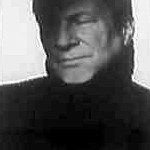

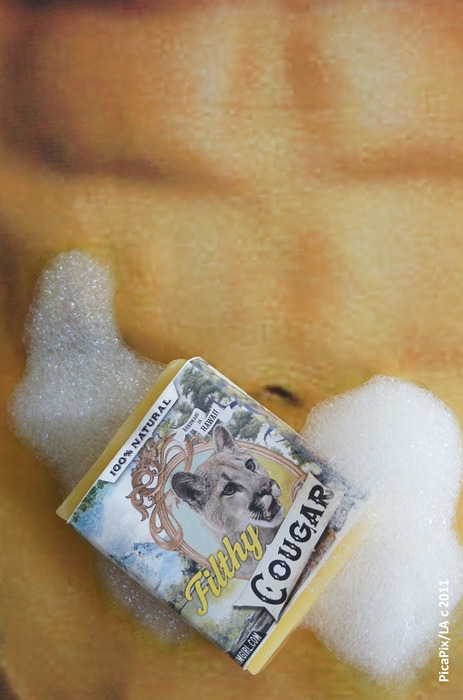
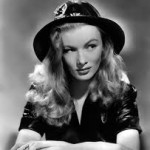
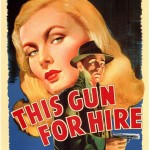
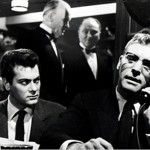
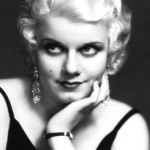





From FNB readers